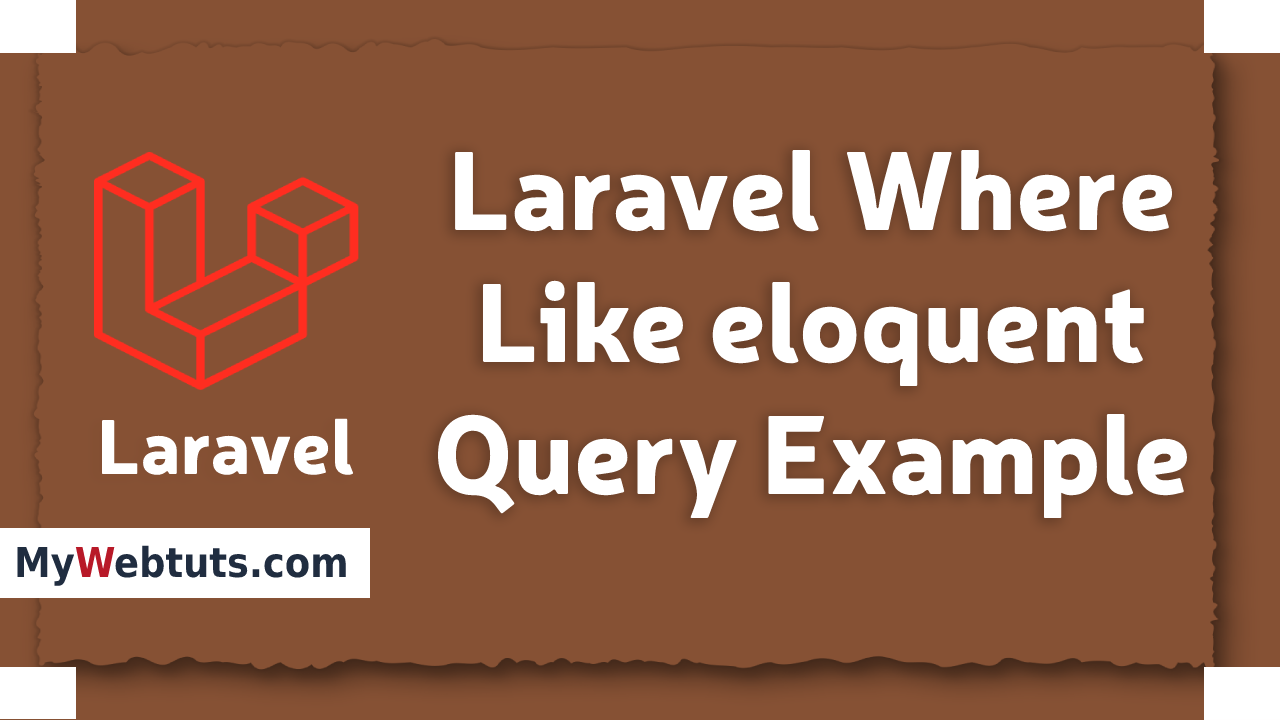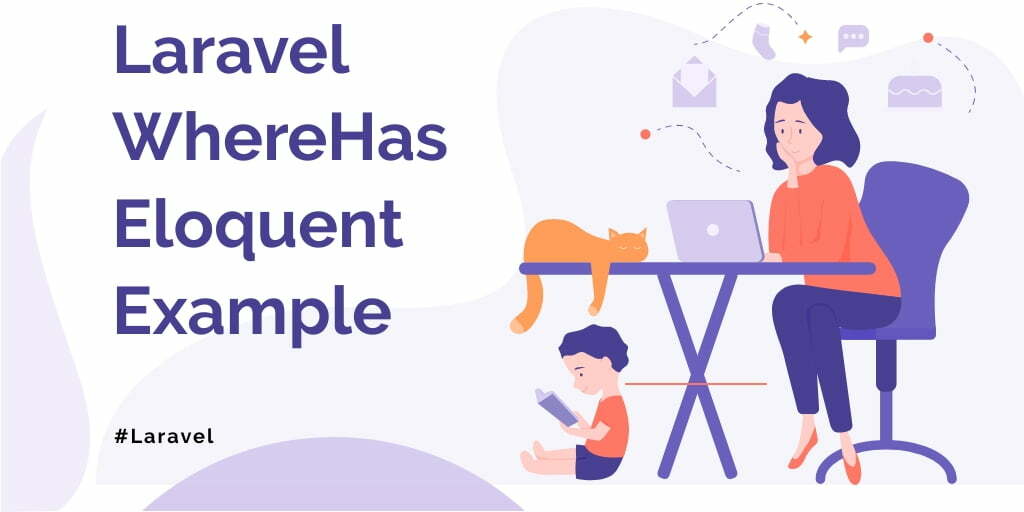
We can do this by checking the userid of the post model and seeing if it matches the id of the user model. Where `activity_user`.`user_id` = `users`. We can use Eloquent WhereHas to query if a user has any posts. Inner join `activity_user` on `activities`.`id` = `activity_user`.`activity_id` I do Product::withTrashed ()->get () it show 15 products, it is OK. >whereHas('activities', function($query) use($selectedActivities), '=', count($selectedActivities))->get() įor a similar request, results in following query: select * from `users` where (select count(distinct id) from `activities` Exist a way to make a Eloquent Query with trashed but only get a specify ID trashed and all query withoutTrashed For example: I have 15 products in total in database, 10 are not deleted and 5 are trashed. $userByActivities = User::with('activities') As of now, I have a query that returns all users that have one of many activities: //$selectedActivities being an array Now, let's imagine we want to retrieve ActivityFeed instances and eager load the parentable parent models for each ActivityFeed instance.In Laravel 4.2, I am trying to achieve a query that returns all users, that have all of certain activities. Additionally, let's assume that Photo models "have many" Tag models and Post models "have many" Comment models. We will assume the ActivityFeed model defines a "morph to" relationship named parentable that allows us to retrieve the parent Photo or Post model for a given ActivityFeed instance. In this example, let's assume that Photo and Post models may create ActivityFeed models. If you would like to eager load a "morph to" relationship, as well as related model counts for the various entities that may be returned by that relationship, you may utilize the with method in combination with the morphTo relationship's morphWithCount method. I do Product::withTrashed()->get() it show 15 products, it is OK. We can summarize the relationship's table structure like so:Ĭounting Related Models On Morph To Relationships Exist a way to make a Eloquent Query with trashed but only get a specify ID trashed and all query withoutTrashed For example: I have 15 products in total in database, 10 are not deleted and 5 are trashed. In order to provide support for roles being assigned to multiple users, the role_user table is needed. This would mean that a role could only belong to a single user. Remember, since a role can belong to many users, we cannot simply place a user_id column on the roles table. This table is used as an intermediate table linking the users and roles.

The role_user table is derived from the alphabetical order of the related model names and contains user_id and role_id columns. To define this relationship, three database tables are needed: users, roles, and role_user. So, a user has many roles and a role has many users. For example, a user may be assigned the role of "Author" and "Editor" however, those roles may also be assigned to other users as well. An example of a many-to-many relationship is a user that has many roles and those roles are also shared by other users in the application. It provides a number of helpful commands to be used during the development of your application.

ELOQUENT FIND ALL QUERY INSTALL
Many-to-many relations are slightly more complicated than hasOne and hasMany relationships. Here are the steps to get started: Install Laravel from Create migrations using Artisan console Create Eloquent models Seed the database Artisan Console is the name of the command-line interface packaged with Laravel. Return $this -> throughEnvironments () -> hasDeployments () Bn c th s dng phng thc all ging nh trong query builder ly ra tt c bn ghi ca model no trong Eloquent. Eager loading alleviates the 'N+1' query problem. but if i put name,then it produce the desired results.So i suspect that the portion after the or in the query is not working. Query Khi bn s dng Eloquent query n database th bn c th coi n nh mt bn nng cp ca query builder vi nhiu tnh nng hay ho hn. However, Eloquent can 'eager load' relationships at the time you query the parent model. This means the relationship data is not actually loaded until you first access the property. Eloquent makes managing and working with these relationships easy, and supports a variety of common relationships: When accessing Eloquent relationships as properties, the related models are 'lazy loaded'.

For example, a blog post may have many comments or an order could be related to the user who placed it.


 0 kommentar(er)
0 kommentar(er)
